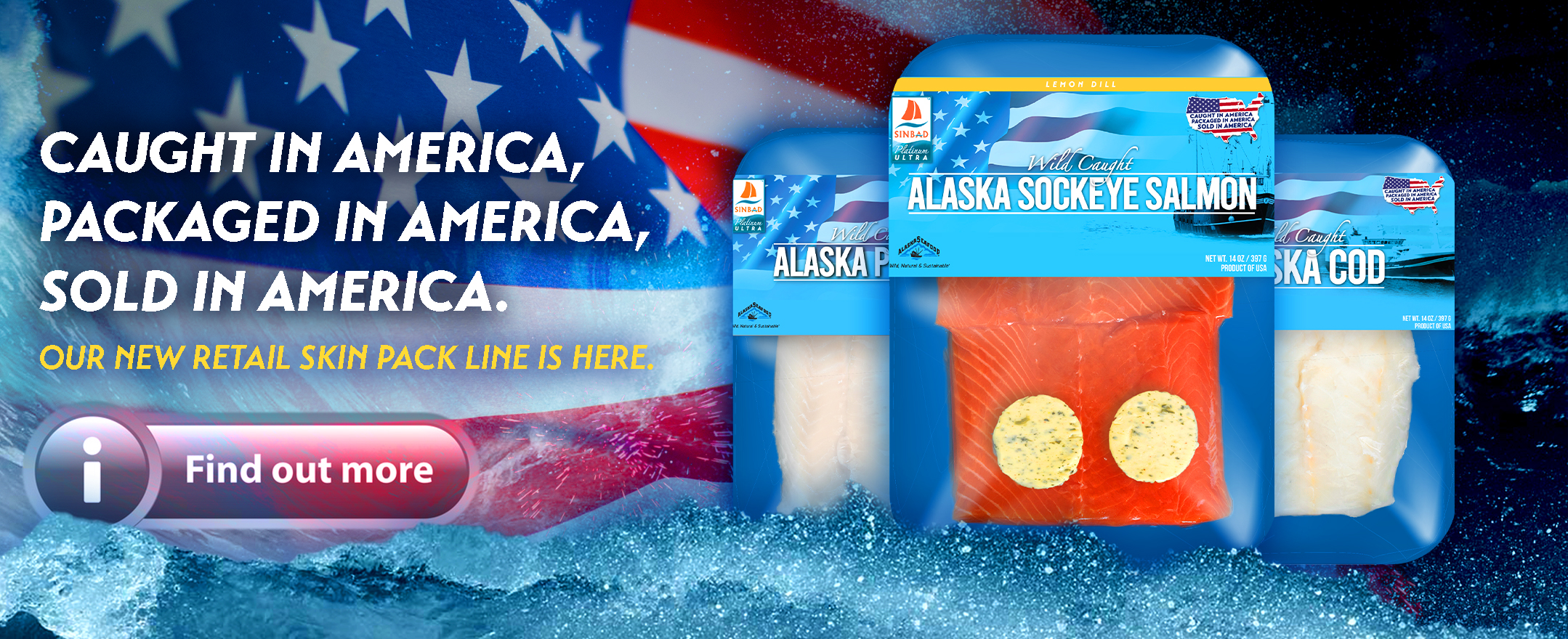
Loading
EP 531 | AIRED 03/29/2021
Ocean Science Misinformation - How People Believed All Fish Will Disappear by 2048
March 29th, 2021 --- This week we speak with discuss Ocean Science Misinformation, with the University of Washington's Sustainable Fisheries' editor Max Mossler, to understand how myths like having "no more fish by 2048", was able to gain so much traction.
--- The goal of most research insitutes and government organisations like the FAO is to provide accurate information to the general public.
Mossler explains his frustrations of the rise of fake news within the seafood industry, and why the importance of accurate information is so crucial.
--- [Mossler] So the ones that I've seen most often in fisheries and seafood is the one that started 15 years ago that, all fish would be gone by twenty, forty eight.
And that was just a really small part of a really important paper, which was really good and it was really important, but it's totally been lost by this one little thing that they kind of just threw into the paper. (That there will be no more fish in the oceans in the year 2048)
But then the university press-release touted as this major finding, a lot of science journalists and journalism in general is written off press-releases.
So journalists, news organizations really picked up on it because it was highlighted in the press release.

To this day it is still the most common myth that I see is that there will not be any fish in the ocean by the year 2048.
It's not true at all, not even close, a lot of the authors are on that original paper have distanced themselves from it, they've published other papers that directly contradict or like show the updated science.
--- Another big one I see a lot is people conflating, overexploited, fully exploited.
So the big famous ones that is if you looked at FAO fisheries statistics, right now it's like 34 percent of fisheries are overfished, about 60 percent are fully fished, which means maximally sustainably fish, those are sustainable stocks.
But people would combine them into saying something like, 94 percent of our fisheries are either fully exploited or over-exploited, and it just like taking the connotation of those words and to make the headline sound like urgent and serious.
When most of the public doesn't know that those terms are tied to scientific definitions, and that's a real problem.
A few years ago, the FAO decided to change the terminology because it was frustrating for them, like they're the scientific organization that puts out this piece and everyone is misconstruing it.
And so they got really frustrated, they've actually stopped using those terms.

Advertise Here: advertising@tradexfoods.com
------ Mossler recently disputed some global bycatch statistics released from an Oceana report titled Wasted Catch: Unsolved Problems in U.S. Fisheries, which claimed that the global bycatch may amount to 40 percent of all catch, or 63 billion lbs per year.
After reaching out to scientists at Oceana, claiming that this information was innacurate and he was going to address it publicly, they immediately followed by issuing a correction on every page.
Mossler explains that the main issue here is that we need to build stronger relationships between science and communication.
There is no one clear way to solve these issues, as they are engrained into our soc iety, but we as members of the industry can start by working harder to hold one another accountable.
This can be done by utilising non-for profit journalism, like ProPublica, the Intercept, Sustainable Fisheries and of course, The Three Minute Market Insight, organizations that don't run their publications off of advertisements.
If we can repair this disconnect, the information on which decisions are made, can be more reliable, while properly acknowledging the actual work done by these scientists.

--- [Mossler] I think I blame the Internet mostly, there are so many places to get information, so many options for content.
The content creators who are able to create the right headline, who are able to hack into the emotional aspect of information, we're able to grow and they just become more and more powerful with social media.
And that's been very frustrating as a member of a democracy where good information is necessary for a functioning democracy.
--- And I see that in fisheries and seafood with with all the different myths and common misconceptions that seep into media.
There really isn't anyone to blame at all, it's just the entire funding model of everything is just tied to incentives.
Like NGOs and people who do research in big organizations, they're incentivized to raise funds so they all have jobs and so they can continue to do good work and research into things that they do.
And one of the things that funders and the people who control the money really like is they like newsworthiness, they like headlines.
So in order to keep their jobs and keep research, they're incentivized to make splashy headlines with research claims and that sort of thing, and who can blame them?
I don't blame them at all.
--- If you are not already, be sure to subscribe to our 3-Minute Market Insight using the signup form below to support our role in the world of non-for-profit journalism.


